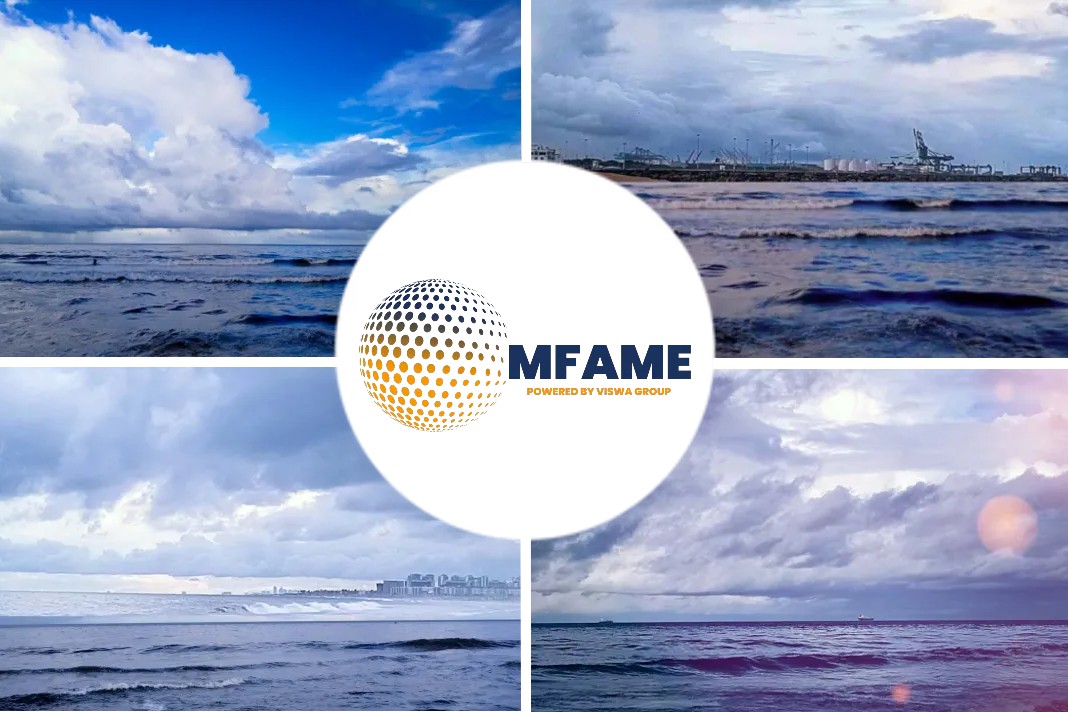 A robust and transparent fuel validation process is introduced.
A robust and transparent fuel validation process is introduced.- Fuel systems test rigs designed to assess the compatibility of any alternative liquid fuel with existing fuel systems.
WinGD, in a recently published White paper, details the engine research toolbox it has amassed, says a press release published on their website.
WinGD’s investments & white paper
Extensive investments
In support of its strong commitment to a decarbonized future for shipping, engine developer WinGD has outlined the extensive investments it has made in recent years to ensure readiness for next-generation shipping fuels.
White paper
In a white paper titled ‘Future-ready: Extending the engine research toolbox to validate clean shipping fuels’ published today, the company details the engine research toolbox it has amassed, including sophisticated testing facilities for engines and fuel systems, cutting-edge simulation techniques, and a proprietary process for validating new ship fuels.
Dual-fuel X-DF & X-series diesel engines
WinGD’s Vice President of R&D, Dominik Schneiter said: “WinGD has successfully analyzed a large range of fuels in publicly funded projects and in partnership with industry stakeholders. Our in-depth study into these fuels, combined with significant field experience through our dual-fuel X-DF engines and X-series diesel engines, means that WinGD is prepared to ensure safe and efficient operation with whichever fuels our customers choose on their path to lower emission sailing.”
Designed to assess compatibility
WinGD has developed fuel systems test rigs designed specifically to assess the compatibility of any alternative liquid fuel with existing fuel systems. These test rigs simulate the actual operation of injection systems in service at relevant conditions. The rigs typically include all key elements of the systems, including a variety of fuel pumps, common rail, and injection actuation elements as well as injection valves.
About additional investment
Additional investment is a single-cylinder engine that allows for optimization of both dual-fuel Otto and Diesel engine concepts. This set-up is more flexible and cost-effective than the company’s existing multi-cylinder test engines and better suited to early-stage fuel testing.
Multi-cylinder testbeds
Meanwhile, WinGD is also increasing the number of multi-cylinder testbeds with new Diesel-cycle and Otto-cycle engines to improve capabilities in later-stage fuel testing.
The transparent fuel validation process
Based on the experience accumulated in recent years, WinGD has introduced a robust and transparent fuel validation process. The target of validation is the approval of the fuel for application on WinGD engines.
WinGD’s fuel research commitment
WinGD’s investments in fuel research complement extensive field experience gained through the X-DF dual-fuel two-stroke engine range, which now features an installed base of more than 415 engines.
Reduced-emission LNG
The range provides a platform for the use of reduced-emission LNG today, giving valuable insight into operation on gas fuels, as well as enabling the use of carbon-neutral fuels tomorrow.
For example, customers with X-DF engines will be able to use synthetic and biomethane with no engine modifications when these fuels become available, thus contributing to the reduction of greenhouse gas emissions in shipping in line with IMO’s vision.
Did you subscribe to our daily newsletter?
It’s Free! Click here to Subscribe!
Source: Wingd
















The idea is awesome but is it cost effective
Yes the engine design is cost effective.
By what percentage the cost will be reduced